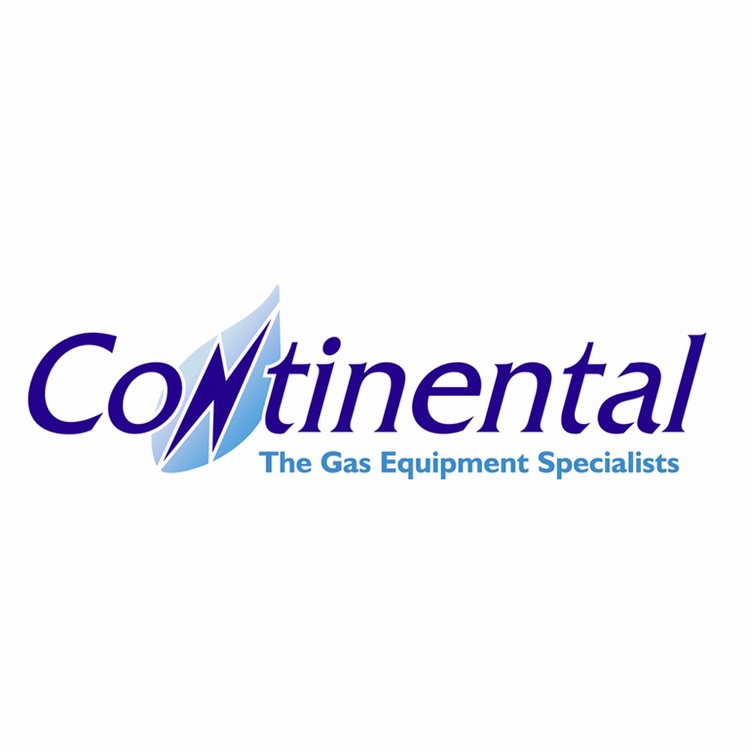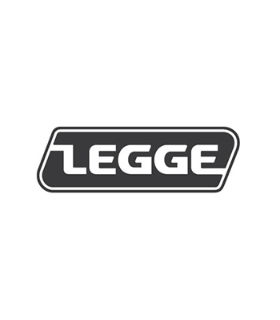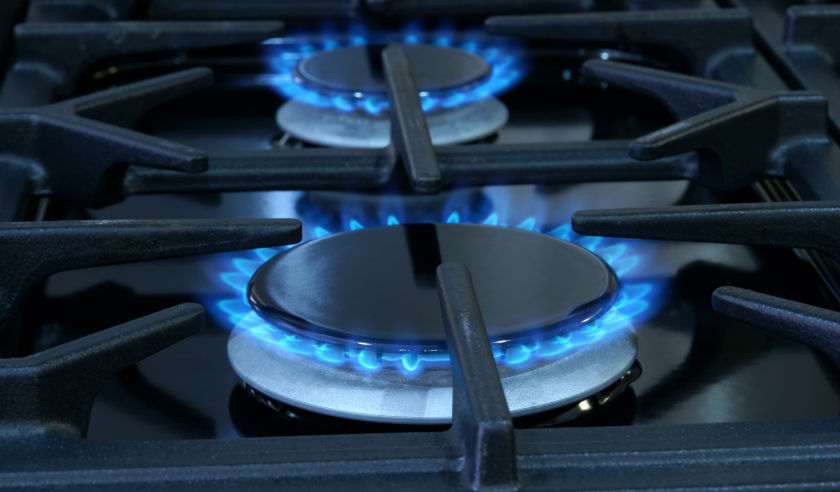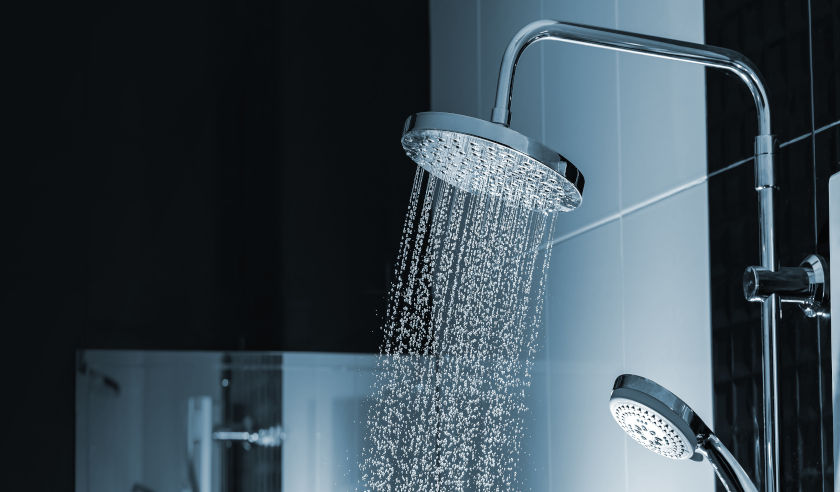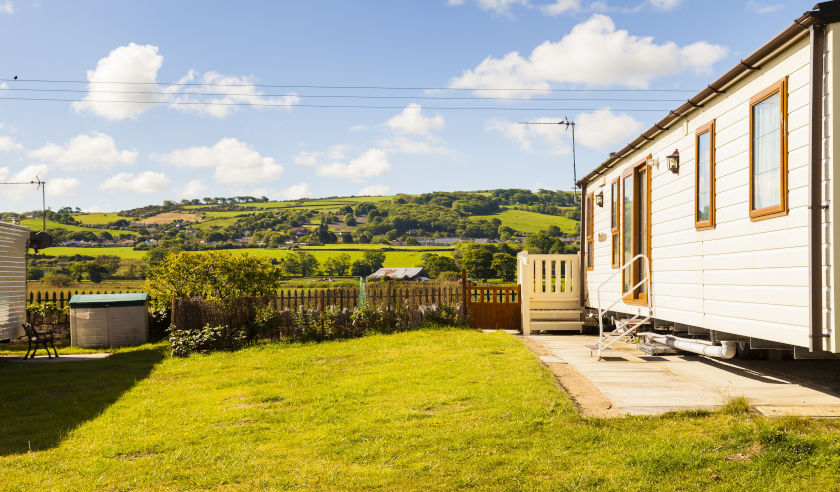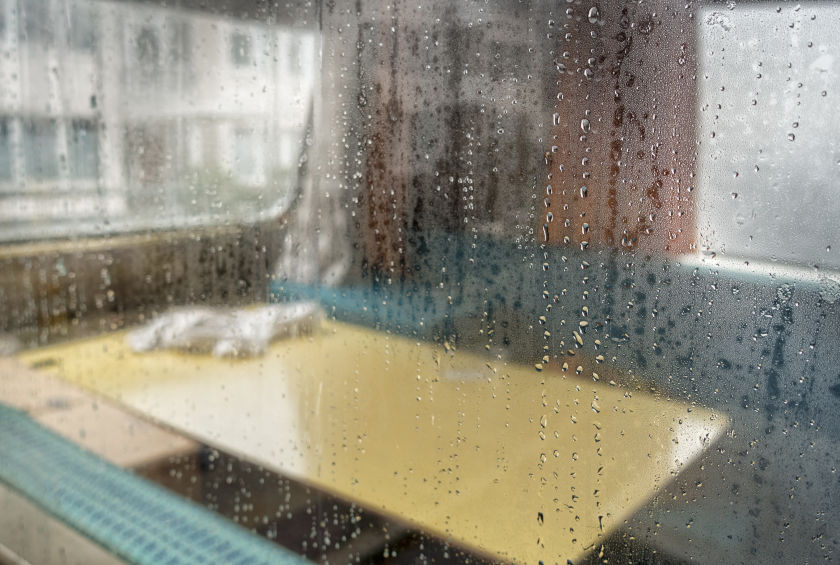All static caravan owners are responsible for ensuring that regular maintenance is carried out on the caravan and that all required safety inspections are conducted by qualified tradespeople. Here, we look at gas and electricity safety and regulations.
Why are gas safety checks important?
Poorly installed gas appliances, and those that have not been checked and maintained regularly, can result in the production of carbon monoxide. Inhalation of carbon dioxide, an invisible gas, can cause poisoning and suffocation (asphyxiation), leading to death.
Static caravan gas regulations
All caravan parks and holiday parks require holiday home owners to undertake annual gas safety checks. These must be carried out by a registered gas safe engineer and most parks will have details of preferred engineers who can carry the work out. Owners who rent out their caravans are considered to be landlords and, as such, are required by law to comply with gas regulations. This means they have to have an annual CP12 Landlord’s Gas Safety Certificate, which proves they have met their landlord responsibility to have all gas appliances tested for safety.
What is an annual gas safety check?
An annual gas safety check normally takes a few hours to conduct and at the end, you will receive a gas safety certificate. This will confirm that all pipework and gas appliances within the caravan are safe and working correctly.
LPG safety requirements
LPG is a source of gas (liquified petroleum gas) that is stored in bottles under pressure and is used where there is no mains gas supply. Caravans using LPG are obliged to have a valid LPG safety certificate.
Preventative measures to stay gas safe
As well as carrying out required annual safety checks, caravan owners should keep air vents clean, and clear of obstruction that could hinder air flow.
Install carbon monoxide alarms in the caravan which will detect the presence of this invisible and odourless gas. If an alarm goes off, turn the gas supply off immediately and call a gas safe engineer to check the supply.
Always ensure your bottled gas regulator is compatible with your particular gas supply.
Static caravan electrical regulations
For owners who only use their caravan for personal use and who do not rent it out, there are no mandatory regulations governing electrical inspections. However, it is recommended in these cases that regular checks should be carried out with a full safety inspection at least every two years.
Where a caravan is rented out, owners are legally require to have an annual Portable Appliance Test (often referred to as a PAT test) carried out on all electrical appliances. A qualified electrician must carry out the tests, and a certificate of safety will be issued. For added peace of mind, the electrician can also check the general electrics, including sockets, fuse box, switches, light fittings and wiring.
Why are electrical safety checks important?
Poorly maintained or badly installed electrical equipment can lead to overheating which can cause fires. They also present a risk of electrocution.
Preventative measures to stay electricity safe
Always use a qualified professional to carry out any work – at BEC Ingoldmells, we have a list of trusted contractors in the area, and most holiday and caravan parks will be able to recommend tradespeople they have worked with.
Fit smoke alarms in the caravan and supply fire extinguishers. Fire blankets should also be available in the kitchen area for cooking related fires.
At BEC Ingoldmells, we are not qualified to undertake any gas or electrical work in your caravan and it is recommended that any such work be carried out by a Gas Safe engineer or electrician. Details of trusted tradespeople are available from staff in our branches. For any other enquiries, please call on 01754 871152 or send us an email to sales@becingoldmells.co.uk

